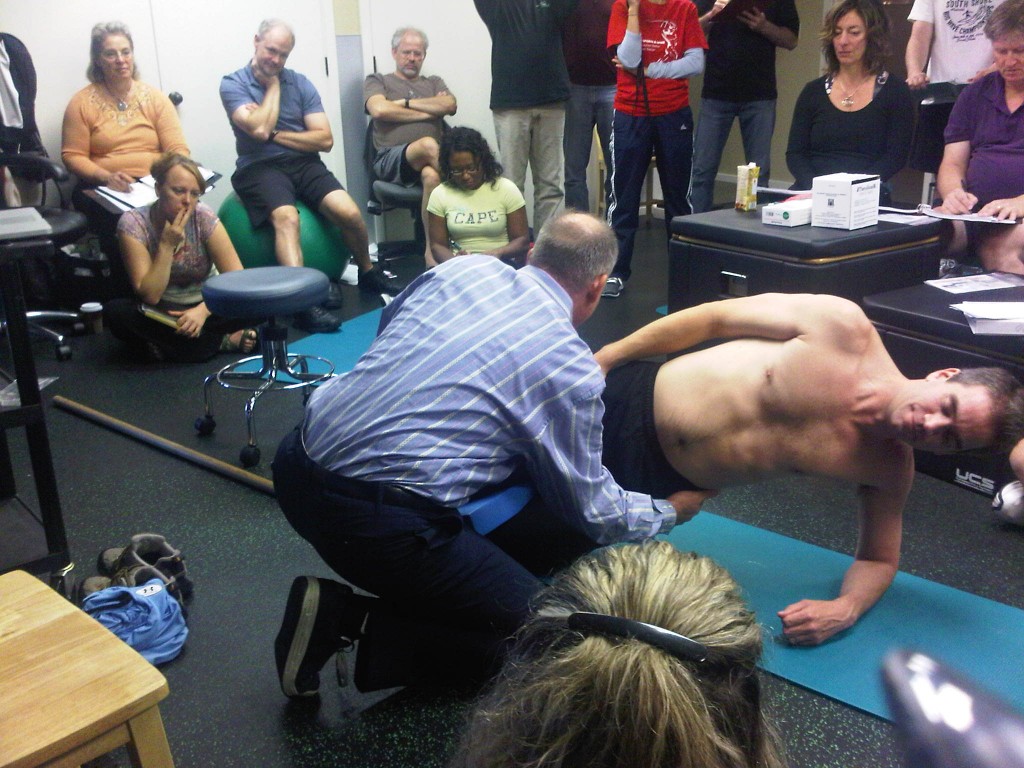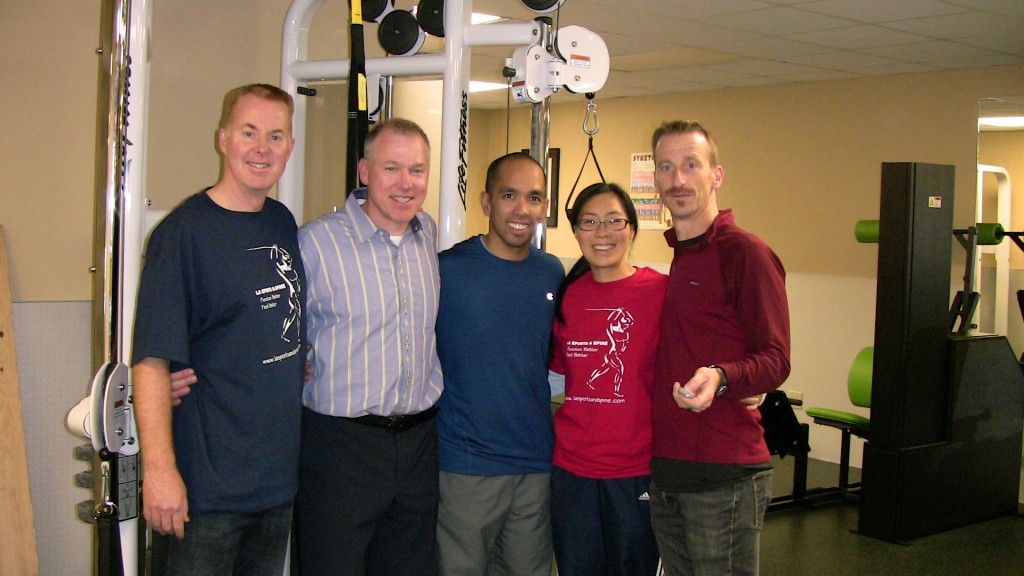|
What a powerful statement in the context of patient management. With the vast array of treatment techniques and tools flooding the market these days, it is quite easy to get caught up in feeling the need to get certified in this and credentialed in that. Here are a few to illustrate my point. Tools:
Several years ago, I had the privilege of attending my first Modern Spine Care workshop by Dr. Craig Liebenson in Seattle, WA. The workshop was hosted by Drs. Jim Kurtz (Seattle Seahawks and Sounders) and Ming Ming Su-Brown of NW Sports Rehab. What an awesome facility! "Modern Spine Care" however, was not about the tools...it was about the process. Integrating theoretical principles and practical applications from such pioneers as McGill, Janda, Lewitt, McKenzie, Kolar, Butler, Brugger, Cook, Gary Gray, Travell, Moseley, etc.. (seriously, he had them all), Dr. Liebenson provided us with a comprehensive, clinical reasoning framework upon which we should be managing our patients. Here are some of the principles that flipped my switch this weekend. The Clinical Audit Process: This was the meat and potatoes of the weekend. So rather than providing you with my interpretation of such a valuable clinical reasoning and management process, I simply ask you to read the original document from DC Online. Just click here. Microbreaks The importance of microbreaks during rehabilitation and normal activities of daily living was strongly emphasized. Stuart McGill explains the importance of microbreaks in maximizing the margin of safety of our tissues in both of his texts (Low Back Disorders and Ultimate Back Fitness and Performance - both of which can be obtained from my Educational Resources page above) and Dr. Liebenson was very diligent in not only stressing the importance of such breaks but also implementing them within his workshop (we had to perform a toe touch and squat every 20 minutes). Two simple exercises to perform during these microbreaks to combat a sitting posture, for example, are reaching up to the air and the Brugger relief position (click here for a simple handout to provide your patients). The Importance of Self Care Since one of the most vital concepts in effective pain management is the utilization of graded-exposure to feared stimuli, the importance of implementing and facilitating self-care exercises cannot be understated. This may not seem new to most of you but here are some ways one can maximize its effectiveness:
Functional Capacity Testing
Since the goal of patient care is to close the gap between one's functional capacity deficits and their activity goals, Dr. Liebenson workshopped us through an excellent model for quantitative functional capacity evaluation. What was most interesting was that rather than reinventing the wheel, Dr. Liebenson simply combines those tests that already have normative data to compare to:
Random Thoughts from the Weekend
0 Comments
Leave a Reply. |



